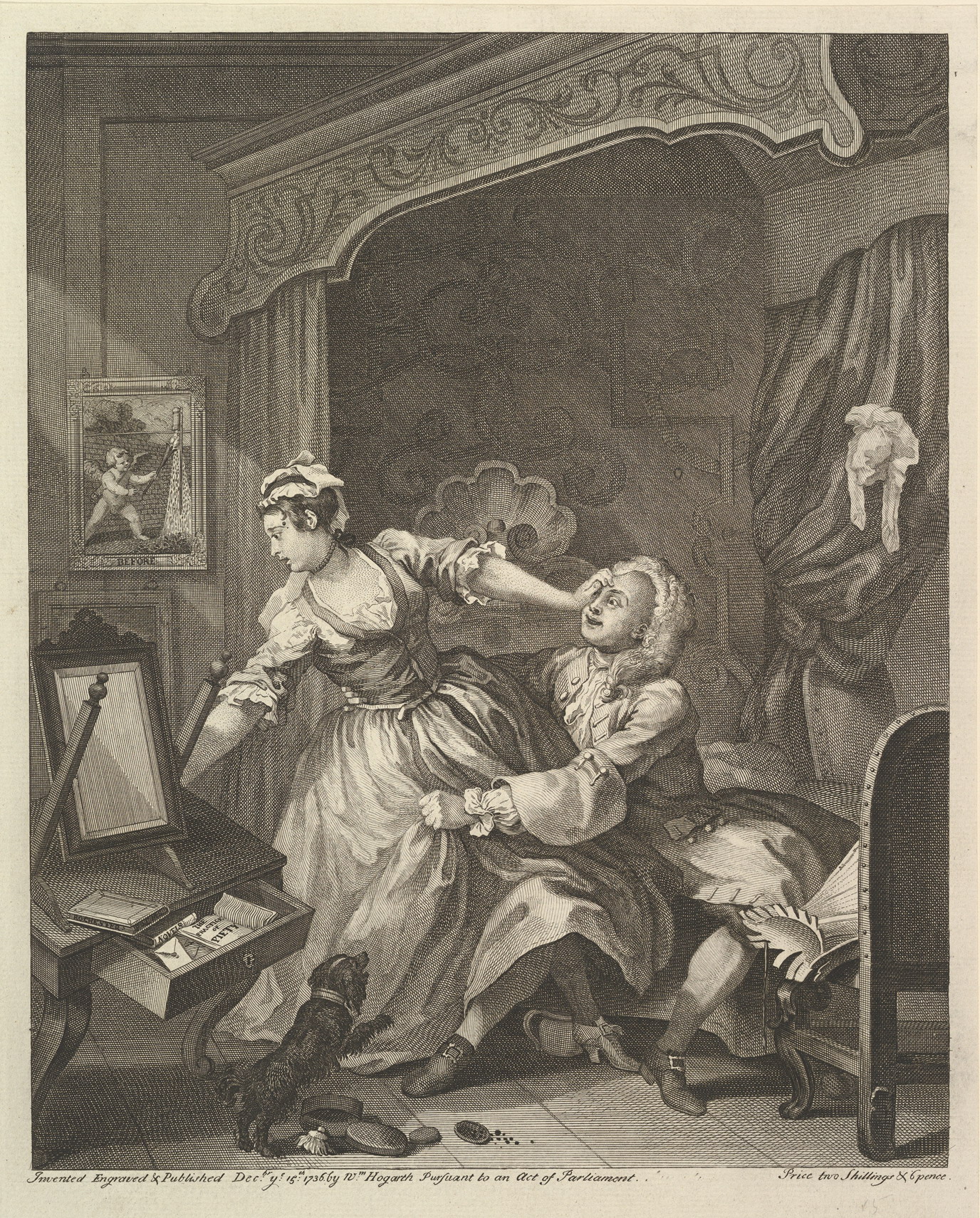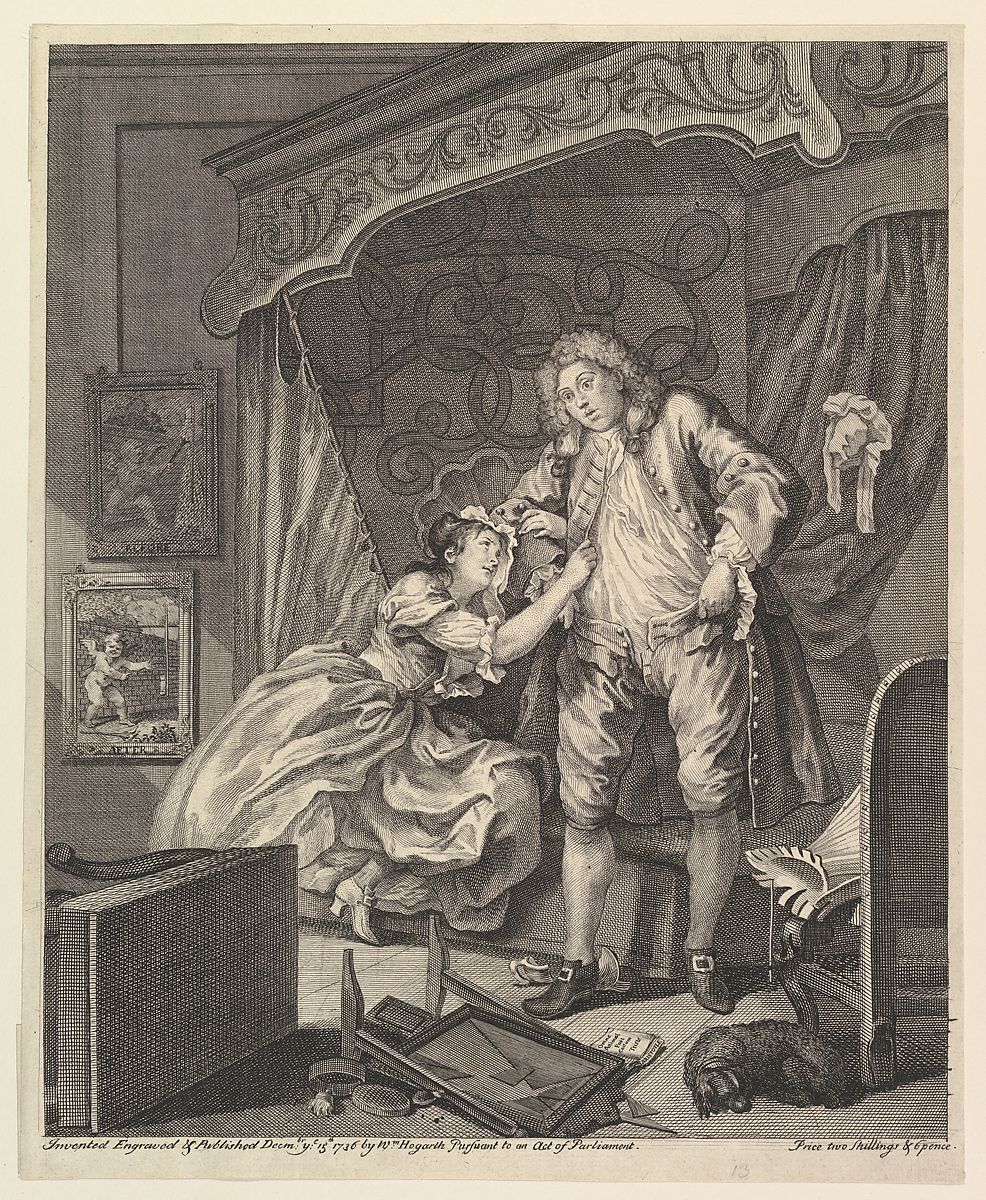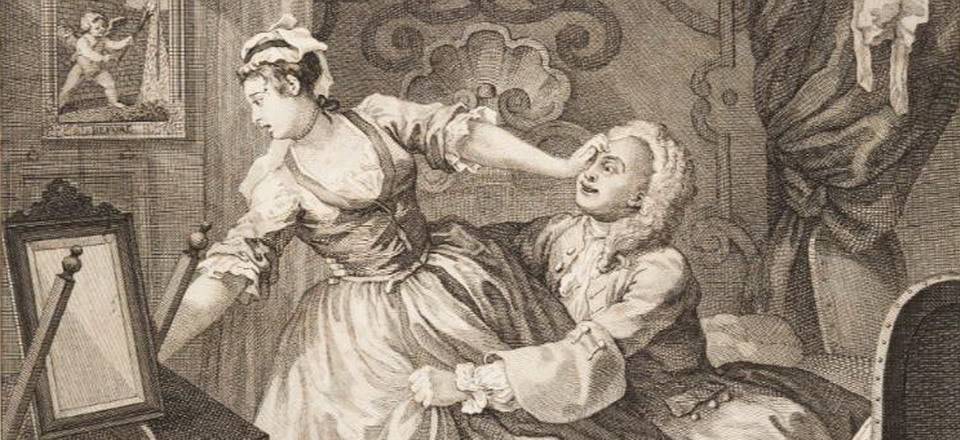Post Coital Dysphoria
I recently picked up my mother’s copy of the Complete works of Shakespeare, which was awarded to her as a prize while she was attending the Keaton’s Road School for Girls in Bermondsey, London. She must have been 13 at the time, because the inscription at the front of the book is dated 1933. I turned to the sonnets and, with the aid of a magnifying glass, saw that there were 154 of them. Feeling it was time to revisit these poems, I went to YouTube and had some of the familiar ones read to me. Like, ‘Let me not to the marriage of true minds admit impediment’, ‘My mistress’s eyes are nothing like the sun’ and ‘When in disgrace with fortune.’ Then I chanced upon Sonnet 129, which was new to me.
The expense of spirit in a waste of shame
Is lust in action; and till action, lust
Is perjur’d, murderous, bloody, full of blame,
Savage, extreme, rude, cruel, not to trust;
Enjoy’d no sooner but despised straight;
Past reason hunted; and no sooner had,
Past reason hated, as a swallow’d bait,
On purpose laid to make the taker mad:
Mad in pursuit, and in possession so;
Had, having, and in quest to have, extreme;
A bliss in proof, and prov’d, a very woe;
Before, a joy propos’d; behind, a dream.
All this the world well knows; yet none knows well
To shun the heaven that leads men to this hell.
I immediately understood what he was talking about and added this description of a specific human malaise to two others that I was acquainted with. The one was contained in the Before and After pair of engravings by William Hogarth, and the other was in Philip Larkin’s poem, ‘Deceptions.’


Deceptions:
"Of course I was drugged, and so heavily I did not regain
consciousness until the next morning. I was horrified to
discover that I had been ruined, and for some days I was inconsolable,
and cried like a child to be killed or sent back to my aunt."
- Mayhew, London Labour and the London Poor
Even so distant, I can taste the grief,
Bitter and sharp with stalks, he made you gulp.
The sun's occasional print, the brisk brief
Worry of wheels along the street outside
Where bridal London bows the other way,
And light, unanswerable and tall and wide,
Forbids the scar to heal, and drives
Shame out of hiding. All the unhurried day,
Your mind lay open like a drawer of knives.
Slums, years, have buried you. I would not dare
Console you if I could. What can be said,
Except that suffering is exact, but where
Desire takes charge, readings will grow erratic?
For you would hardly care
That you were less deceived, out on that bed,
Than he was, stumbling up the breathless stair
To burst into fulfilment’s desolate attic.
I am pretty sure my mother never read Sonnet 129, and equally certain she was unaware of Hogarth’s pictures and Larkin’s poem. But it is more than likely that at some stage in her life she experienced the anguish of post coital dysphoria and would have recognised what it was they were trying to portray. She probably would have said that the best antidote to PCD was to refrain from having sex with someone you did not genuinely like and deeply care for.
To view my longer work as an author, you can find me on Smashwords here.


































